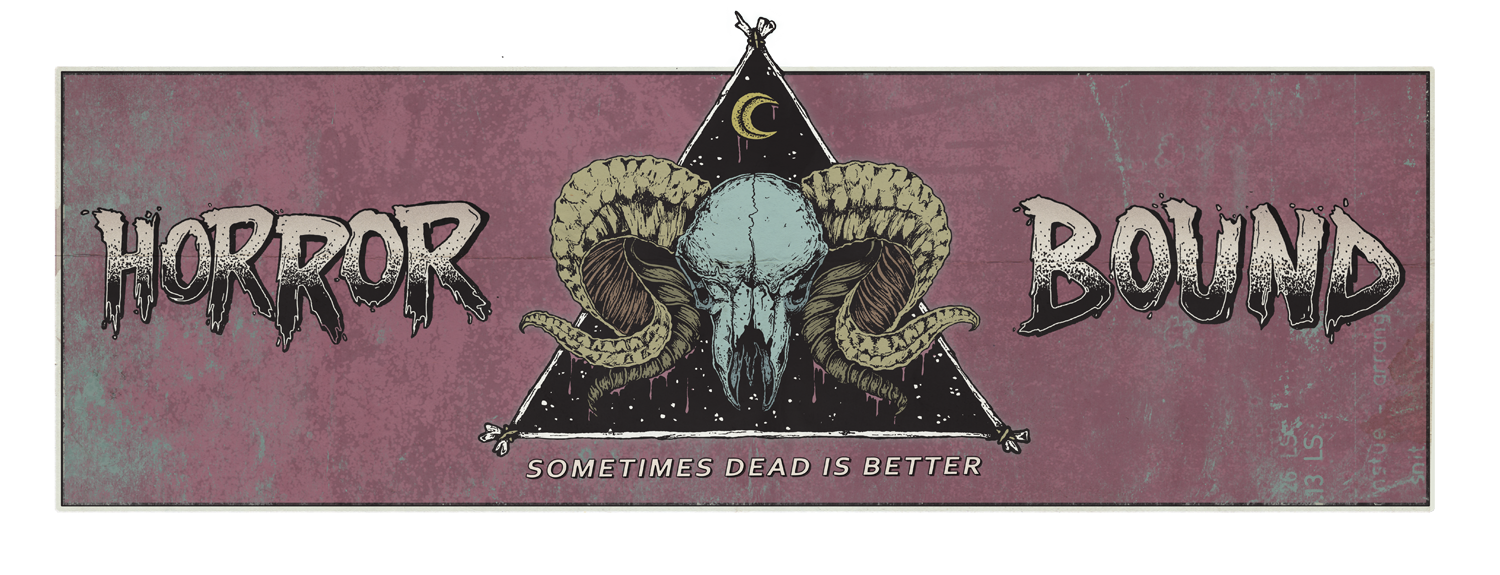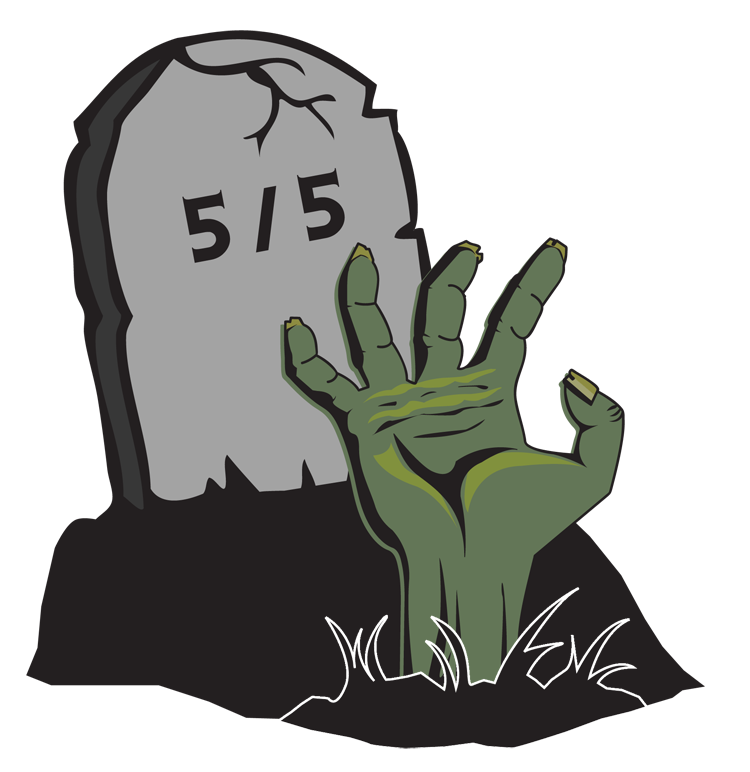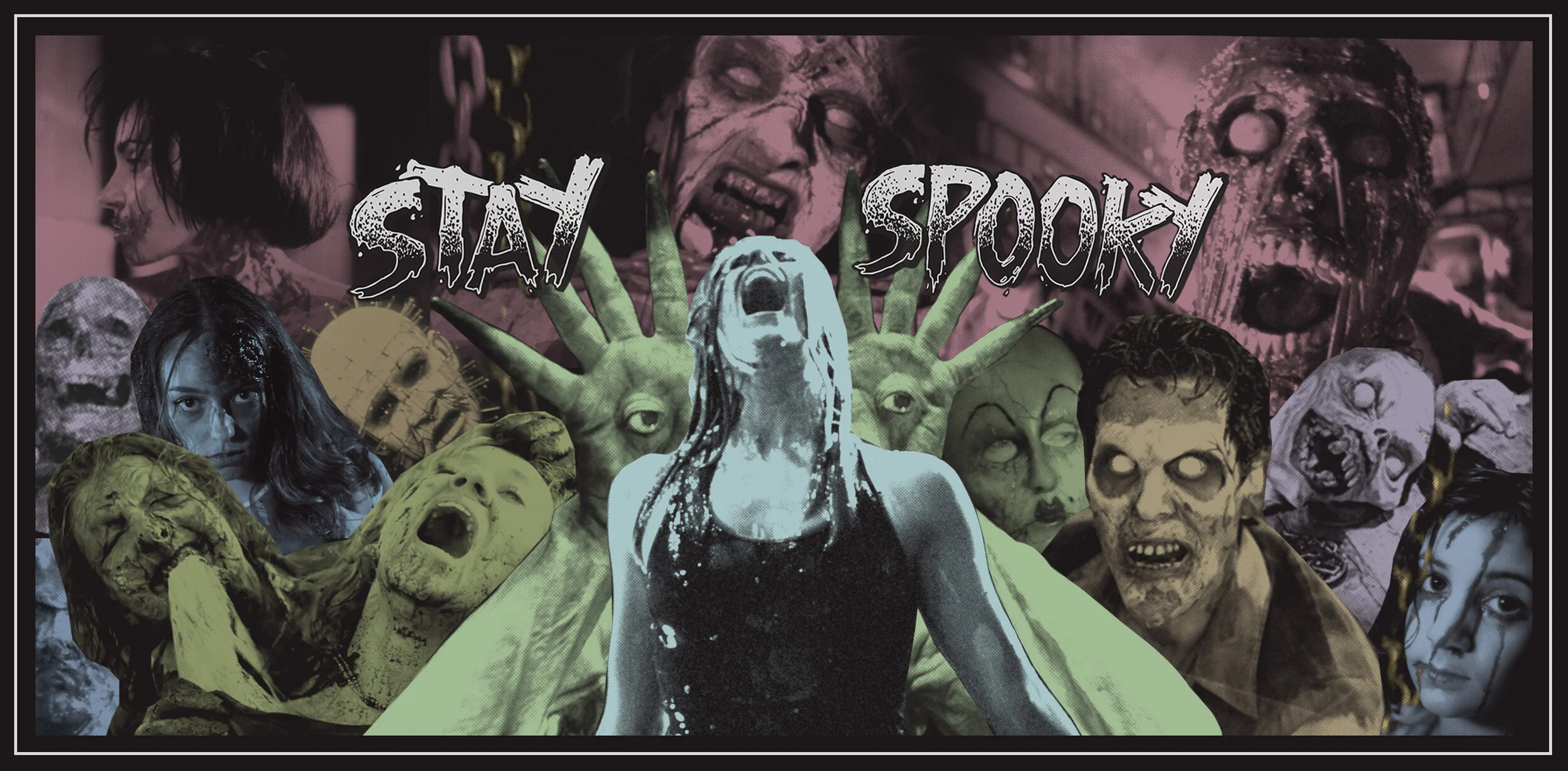Return to Hiroshima - A Nightmare That Keeps on Giving
There is no doubt in my mind that this book is demanding. There are terrifying true subjects involved here like the effects of the bombing of Hiroshima on its people and their descendants, the sickening history of Unit 731, and the Yakuza. There are also views into the lives of several characters that are gritty, insane, despondent, and sometimes beautiful. The prose is exceptional and drew me in right away, but was contrasted with the onerous content. It was often hard to read. I still loved it.
The main storyline that connects all of the characters is about a girl named Mitsuko and her father, who is called Rokurobei after a Japanese demon because of his serpent-like neck and features that seem to embody his monstrousness. They are both physically unique due to the effects of the bombing at Hiroshima (Mitsuko) and ‘testing’ that was performed (Rokurobei). Mitsuko describes her genetics, “My parents were little more than infants when the bomb exploded and the radiation threw their endocrine system out of kilter, leaving me with an inherited genetic defect that made me grow up differently.” Mitsuko also describes her father’s attitude towards her and the reasoning for his own appearance, “My father wanted to create the perfect human being because it had been attempted with him – unsuccessfully.”
I found the relationship between Mitsuko and her father almost artificially folklorish; where they live, how they live, and the ideas that Rokurobei made up about himself that took a disturbed human Yakuza leader and made him into some godly figure. Mitsuko said, “My father’s mind worked like a Tibetan prayer wheel, turning high on a desolate mountain, and powered by a force he considered divine.” Her aversion to him was not unfounded and neither was her desire to escape him. It is clear that they are both filled with mental unrest though, most likely due to their physical ‘deformities’ that go beyond the flesh.
We get to meet other characters who have run-ins with Mitsuko as she attempts to share the truth about her father with the world. There is a German journalist/photographer who is drawn in by the fallout of Hiroshima and the dangers surrounding uncovering it, a devout Yakuza follower who believes he can become godly himself and imitates madness to strike fear in his ‘Suicide Club’, a policeman with a good heart but sexually violent urges, and a Belgian diplomat who was in the wrong place at the wrong time. You follow them and bounce between their stories in each chapter, which keeps you engaged but somehow detached. You are simply aware of the web that connects everyone and how it will continue to connect new people long after these characters are gone.
Once Rokurobei realizes he must follow Mitsuko to stop her from unveiling him, we get to learn more about what he thinks and how deep his madness goes. The question between what is divine and what is insane is often played upon, leaving you feeling frightened and unsure of if there has ever really been magic in the world or just varying cases of megalomania. Rokurobei said, “The method was devised for the ancients, doctor. They were much closer to themselves and to nature than we are. Modern human beings are apparently unable to cope with the magic of earlier days… But sooner or later science will try to create a demigod once again. It’s part of us, doctor. We’re hardwired to reach beyond ourselves.”
Reading this book during the current COVID-19 pandemic, I had to stop myself for a moment to enjoy the policeman’s comment while he was riding a train, “Decent people wear a mask out of respect for their fellow travelers when they feel a cold coming on.” This moment, to me, symbolized Japan’s intelligence that seems to stem from learned experience, which the rest of the world should take heed of. However, it is almost contradictory in some ways because the author spends a lot of time discussing how ‘saving face’ in Japanese culture is often more important than the truth.
The Belgian diplomat Xavier has an intriguing but small part in this story and the prose was the most beautiful when the chapters were touching on his parts. A line I pondered for a few minutes was, “Xavier pictured death as a long journey over stormy oceans filled with monsters and the like.” This character spends most of his time thinking about his sister who ended up in a wheelchair and later committed suicide. Their bond was strong, and as simple as this particular character development seemed, it actually encapsulated the whole story beautifully. Xavier describes the Japanese concept of “Shoganai,” which means ‘it can’t be helped.’ If something is out of your control, it’s better to quickly accept it and move on. That is the word of the day for this whole book, but ironically. While many of the things these characters endure seem like they cannot be helped, the opposite is also true. If humanity and the individuals that make it up had been more diligent and compassionate to themselves and one another, almost all of those terrible things that occurred could have been helped.
A very big thank you to Blackthorn Book Tours for providing Horror Bound with a copy of this novel for review!
Van Laerhoven is a 67-year-old Belgian/Flemish author who has published (traditionally) more than 45 books in Holland and Belgium. His cross-over oeuvre between literary and noir/suspense is published in French, English, German, Spanish, Swedish, Slovenian, Italian, Polish, Portuguese, Russian and Chinese.
In Belgium, Laerhoven was a four-time finalist of the ‘Hercule Poirot Prize for Best Mystery Novel of the Year’ with the novels ‘Djinn’, ‘The Finger of God’, ‘Return to Hiroshima’, and ‘The Firehand Files’.
Check out his Facebook HERE
Check out his website HERE
Pick up a copy of the book HERE
Check out Blackthorn HERE
Don’t want to miss anything on the site? Sign up for our newsletter HERE
Want more spooky reads? Just search below.



